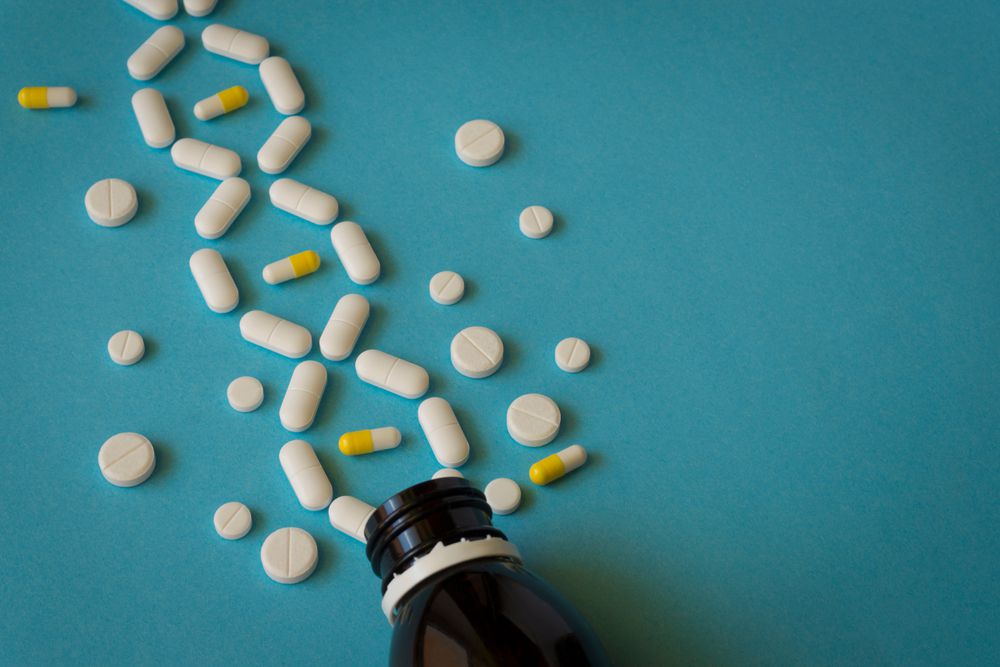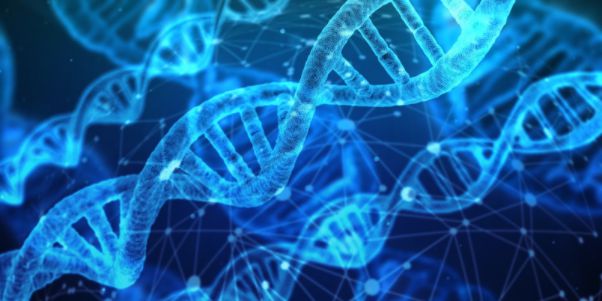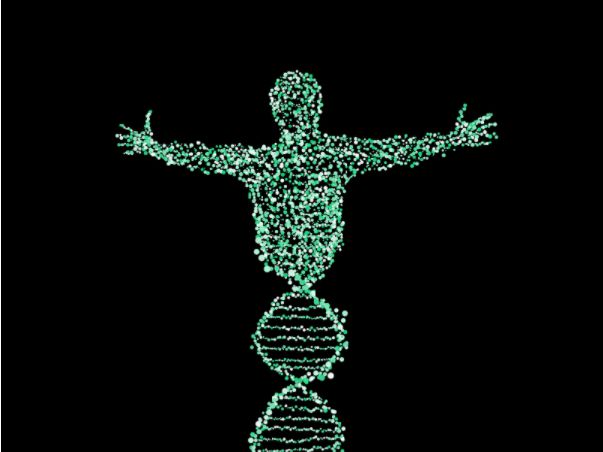
Addiction Treatment Canada: Is Addiction Hereditary?
One of the greatest questions surrounding addiction is: why does it happen to some people and not others? Is addiction hereditary, or is there something else going on? How do we explain the fact that some people can consume alcohol regularly without becoming alcoholics, and others cannot?
Why is that some trauma survivors develop addiction problems, and others do not? And what about the evidence that children of addicted parents are statistically more likely to become addicted to drugs or alcohol than children of parents who do not have addictions?
The simple answer is that while there does appear to be a link between addiction and genetics, this is just one part of the answer. Having parents or other family members who have substance use disorders does not make it inevitable you will experience the same issues. However, you may be more likely to develop an addiction problem if faced with the right combination of environmental triggers.
Nature vs Nurture
The “nature vs nurture” debate has been going on for decades. It centres around whether the essence of who you are is primarily a result of our genetic composition or the environment in which we are raised.
There is an undeniable correlation between addiction and family history. But does this automatically translate to a connection between addiction and genetics? Or could children of addicts be falling into addiction as a result of behaviour learned from their parents?
How Does Genetic Predisposition Work?
Our genetic makeup is what determines the attributes we are born with. This information is contained within thousands of genes in our DNA, and it acts as kind of a blueprint for who we are. Everything from the colour of our eyes to whether we are good at math or music is contained within this blueprint.
In most cases, our genes are arranged in 23 pairs of chromosomes – one pair comes from each parent. This is why members of the same family may look alike or have similar talents or personality traits. Also, certain illnesses and conditions can be passed from parent to child in this way as well.
Predispositions to certain things can be inherited as well. This means if you carry the gene, you do not necessarily have the condition or the “thing”, but you may be more susceptible to developing it. Examples include autism, some cancers, and some mental illnesses. Similarly, there is increasing evidence of hereditary factors that affect addiction.
Related article: Should I Go To an Addiction Treatment Centre during the Pandemic
Twin Studies
We all know our basic reproductive biology: when a sperm cell penetrates an egg, the resulting process of cell division and growth culminates in a baby. About three percent of pregnancies result in the birth of two or more babies – twins, triplets, and so on.
There are several kinds of twins, and some have more DNA in common with each other than others. The most common twins are:
- Identical (monozygotic) twins: one sperm fertilizes one egg, which then splits into two. In most cases, the fetuses share an amniotic sac.
- Fraternal (dyzygotic) twins: two sperm fertilize two eggs. Most fraternal twin fetuses are in their own amniotic sac.
There are other kinds of twins, such as half-identical twins (two sperm fertilize one egg which then divides) and mixed chromosome twins (two sperm fertilize two eggs, which fuse and then divide). These are extremely rare, so the data relating to addiction and genetics pertains to the more common fraternal and identical twins.
Because identical twins start from the same two cells – one sperm and one egg – their DNA consists of the same pairs of chromosomes from each parent. What this means is that they have the same genetic blueprint.
Fraternal twins, on the other hand, have the same genetic variances as siblings born to the same parents at different times.
What does this mean for genetic predisposition?
When looking at whether there are hereditary factors that affect addiction, twin studies are a good place to start. If there is a genetic connection, we would expect identical twins to have equal odds of developing an addiction problem. Fraternal twins are genetically similar to non-twin siblings, so they would not have the same chances of becoming addicted.
Multiple studies of both fraternal and identical twins have revealed some interesting correlations not only when it comes to substance-specific addiction, but also the stage of addiction.
- While the ranges for specific substances are broad, it appears that genetic predisposition accounts for around 50% of the risk of becoming addicted
- This also applies to behavioural addictions such as disordered gambling
- The early stages of substance use are driven by environmental factors, but the later stages are more strongly influenced by genetics
- Contrary to what some people think, there is not a singular “addiction gene”. Rather, several possible genetic markers have been identified.
What Other Factors Contribute To Addiction?
If genetics only accounts for half of a person’s addiction risk, where does the other half come from? And how does it all fit together?
The more we learn about professional addiction treatment, the more we understand that it is not caused by a singular “thing”. In almost all cases, addiction results from a complex combination of factors that include the following:
- Some hereditary mental illnesses, such as bipolar disorder, depression and schizophrenia, are often a risk factor for substance abuse.
- Biological sex plays a role: It appears that while males are more prone to develop addictions, females may be more likely to suffer a relapse.
- Children with addicted family members are at risk of experimenting with substance use as a result of learned behaviour.
- The teenage years are a minefield of trouble: Teens who are bullied, who have a strong desire to “fit in”, and who lack connections with positive adult role models, are at high risk of developing substance abuse disorders.
- People who experience or witness trauma or abuse often turn to drugs or alcohol to cope with the stress or to block out painful memories.
How Can I Protect Myself And My Family From Addiction?
If there is a pattern of substance abuse in your family, you may be worried that addiction in yourself is inevitable. But this is not the case. A link between addiction and genetics does not mean that you will definitely become addicted to drugs or alcohol. It simply means that, given certain combinations of environmental factors, you may be more at risk of developing a substance abuse disorder.
There are things you can do to mitigate this risk:
- Be open to conversations with your family members. Talk about the genetic risk of addiction as openly as you would talk about the genetic risk of other conditions, like cancer or heart disease.
- Humans fear what they don’t understand. The more you know about addiction, the easier it will be for you to avoid it. Instead of shying away from the topic, immerse yourself in learning about it.
- If you are a parent, ensure that you have open lines of communication with your children. Make sure they are provided with strong support at all stages of their childhood and adolescence.
- If you are in trouble, speak out. There is no shame in asking for help when you need it.
- If your doctor is prescribing certain medications, such as antidepressants, sedatives, or opioid painkillers, be sure to let them know if you believe you are genetically predisposed to addiction.
- Make sure you and those close to you are familiar with the early signs of addiction. The sooner a problem is recognized, the sooner you can get help.
What If I Become Addicted?
Addiction is an unfortunate reality of life. People find themselves in circumstances that overwhelm them, and if they lack the support they need, or if they cannot see any other way of coping, they may turn to drugs or alcohol.
But all is not lost. No matter what stage of addiction you are in, there is help available for you. 1000 Islands Addiction Rehab & Treatment Centre provides addiction treatment services that are customized to meet the needs of each individual. Using a combination of treatment methods, including group and individual therapy, creative therapies, and meditation and yoga, we will help you explore and resolve the root causes of your addiction. More importantly, we will help you develop the tools to cope with the stresses of life without needing drugs or alcohol. To get started, call us at 855-601-0555.
Related article: What Are The Stages of Addiction Treatment Progression?







